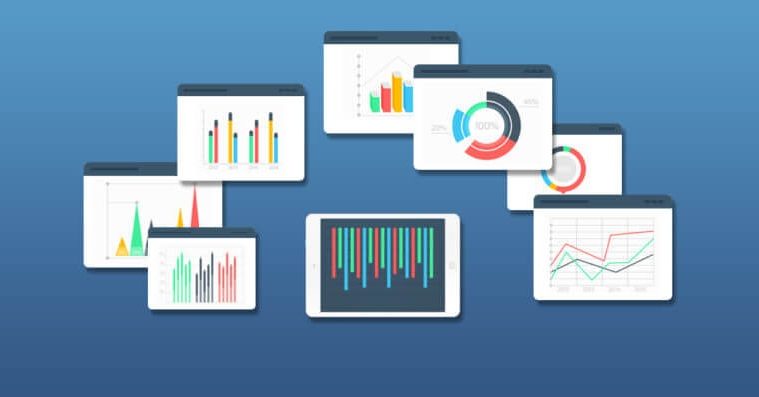We’re at a point where we want everything to happen almost instantly, and that includes logistics. Due to competition and the several challenges that arise daily, it’s essential for companies to ensure that they meet the demands and expectations of their clients.
That’s why the main objective of most logistics companies is to ensure the timely delivery of goods, supply chain visibility, quality services, and product life cycle. It’s also worth noting that for the logistics company to be successful, it’s essential for them to have efficient warehousing and inventory.
Fast delivery, full automation of the internal business, and taking care of safe storage and quality shouldn’t be neglected as well. There is various software that would allow you to keep track of these, and one of the few companies that you can trust is JD Edwards Managed Services.
They make it a point to help you accomplish the 7R principles, which include transferring of products from one location to another, at the right time. Also, since these tasks are naturally complicated, there will always be the need to use innovative solutions to meet such goals.
Vehicle tracking, supply chain monitoring, inventory management, safe transportation, and automation processes are just some of the critical IoT applications and essential components of every logistics system.
Here are some ways on how manufacturers can start automating logistics with IoT.
1. Predictive Analytics and Blockchain Supply Chain Management
In various industries, there’s no denying that predictive analytics is slowly taking center stage. They’re helping companies, as well as corporations, to come up with sound business strategies, make better decisions, manage risks, and improve safety.
These have all been possible with the help of Internet-enabled devices that are useful when it comes to collecting vast amounts of data, and transmitting them from the central system for evaluation. Predictive analytics can be, and it can also be applied for delivery planning and identification of different issues before the main problem even arises. This allows the whole team to resolve the problem, replace the parts in equipment, and prevent possible crashes.
As for supply chain management, it’s facing a lot of problems daily- ranging from illegal practices, down to misuse of products and equipment. That’s why customers and companies are looking for ways on how they can continuously monitor what’s happening in the product life cycle. Included in this is the origin of goods, going to their transportation to the clients.
Blockchain could solve several security issues, and it could also integrate great value to supply chains at the same time. That means they could meet the needs in terms of security and transparency while working with traceability as well.
2. Location Management and Inventory Tracking
In terms of logistics, IoT can create a smart location management system that would allow various companies to monitor driver activities wherever they are quick. Aside from that, they are also proven to be very useful in terms of driver location and determining the delivery status in a particular area. Wherein, once goods are delivered, a manager will automatically get notified through a push message.
It’s a type of solution that’s proven to be irreplaceable, especially in terms of delivery planning, compilation and viewing schedule. Any kind of modifications can easily be detected and shown in real time. That’s why IoT technology can be utilized to improve location management while streamlining business processes at the same time.
Then, there’s also inventory management as well as warehousing that are also deemed to be essential aspects of the connected logistics ecosystem. That means the strategic placement of sensors is necessary, and this would allow companies to take note of inventory, monitor status, evaluate the process, and even create a smart warehouse system for everyone.
IoT technology could help employees avoid losses, and best of all, it’s beneficial when it comes to ensuring the safety of storage goods, together with the efficiency of locating an item that’s in need. We’re at a point where almost all logistic companies are using IoT solutions to minimize errors and improve productivity.
3. Drone Based Delivery
In terms of logistics, retail, and e-commerce, drones have been improving the efficiency and safety of those who are in a working environment. With the help of drones, businesses can enjoy smart inventory tracking, timely transportation of goods, and best of all, instant delivery.

